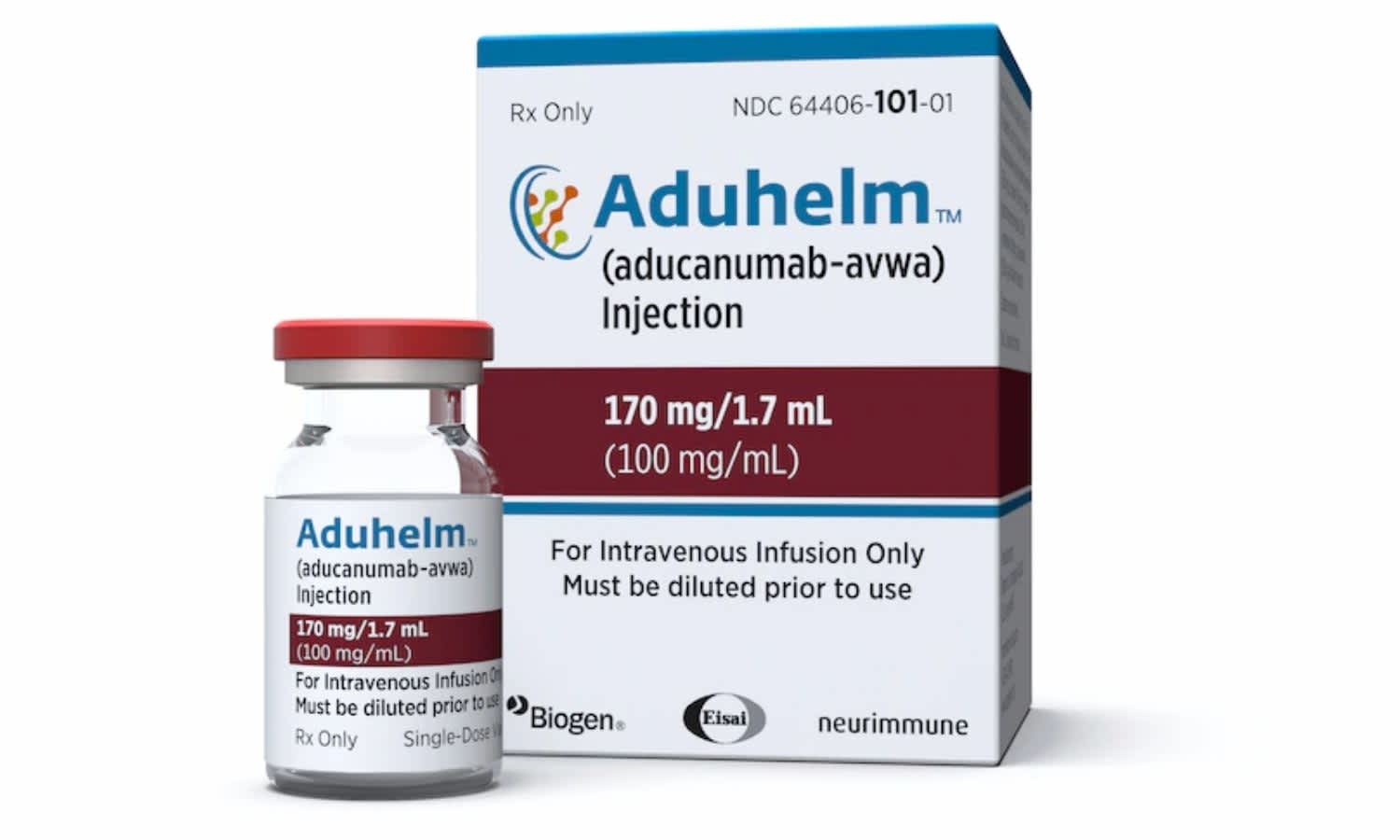For the first time in nearly 20 years, United States health officials have approved a new drug for Alzheimer’s disease.
This is incredible news and has sent hope rippling through those who have Alzheimer’s in their genetic pool, but of course, some experts are sceptical.
The Food and Drug Administration (FDA) explained that its approval of the drug, from American biotechnology company Biogen of Cambridge, Massachusetts, was based on results that seemed “reasonably likely” to benefit Alzheimer’s patients.
“Alzheimer’s disease is a devastating illness that can have a profound impact on the lives of people diagnosed with the disease as well as their loved ones,” said Patrizia Cavazzoni, M.D., director of the FDA’s Center for Drug Evaluation and Research.
“Currently available therapies only treat symptoms of the disease; this treatment option is the first therapy to target and affect the underlying disease process of Alzheimer’s. As we have learned from the fight against cancer, the accelerated approval pathway can bring therapies to patients faster while spurring more research and innovation.”
The drug is called aducanumab and will go by the brand name of Aduhelm. “It’s an infusion, not a pill,” Alzheimer’s expert Dr Richard Isaacson explains via video on Nine News.

“It works by being infused into a patient’s vein once a month, with the goal being to slow down the disease progression.”
The treatment may help with memory function, but it’s not claiming to cure Alzheimer’s. The goal of aducanumab is to slow progression towards dementia, potentially allowing you more time with your loved ones.
The way that aducanumab works means that for people who already have moderate to severe Alzheimer’s, this drug may not do anything.
The FDA approved aducanumab under its accelerated approval program, which allows for some drugs, designed for serious or life-threatening illnesses, to be used, even if more research is needed.
The approval of aducanumab has been controversial, as some medical experts believe there wasn’t enough evidence to prove that it works, and that the negative side effects outweigh the chance of slower progressing dementia.
“The biggest risk of this drug is problems with swelling in the brain or even some small bleeding in the brain,” said Dr Isaacson.
Bleeding or swelling in the brain can lead to tumours and aneursyms, which can lead to unexpected and instant death.
“One reassuring aspect is that when used carefully and with surveillance MRIs, most people that develop these side effects actually end up being okay,” Dr Isaacson explained.
Under the accelerated approval provisions, which provide patients suffering from the disease earlier access to the treatment, the FDA is requiring the company, Biogen, to conduct a new randomised, controlled clinical trial to verify the drug’s clinical benefit.
If this trial isn’t able to verify clinical benefit, the FDA are able to initiate proceedings to withdraw the drug’s approval.
This means that it won’t be in our hospital cabinets for a while, but should give us hope that there are clever people constantly working towards a cure for some of the world’s most debilitating diseases.







